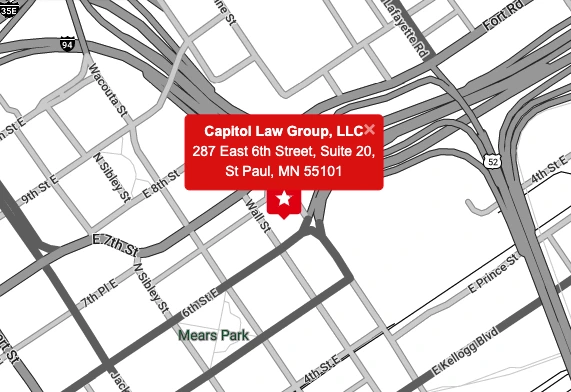Top Five Search Warrant Exceptions in Drug Cases

The Constitution’s Fourth Amendment prohibits all unreasonable searches and seizures. If officers have warrants based on probable cause, Ramsey County courts automatically conclude the search was reasonable. St. Paul drug crime attorneys can only exclude drugs and other seized evidence if officers did not have probable cause.
Many drug trafficking investigations last for months, and they usually culminate with search warrant executions. But most drug possession arrests are spur-of-the-moment affairs. Police see drugs, and they seize them. So, to get around the Fourth Amendment’s prohibition, a recognized search warrant exception must apply.
This list is not exclusive, as there are a few other recognized exceptions. However, they are not used very often, so they did not make our top five list.
Consent
Typically, St. Paul drug crime attorneys usually handle more consent searches than any other exception. So, we will spend a lot of time on these searches and seizures.
Generally, only property owners may give lawful consent for property searches. However, if the consenting party had apparent authority, most Ramsey County judges will uphold the search, at least on a limited basis. For example, a roommate whose name is not on the lease can usually consent to a dwelling search. But this individual may probably not consent to a search of a mother-in-law house on the premises.
Officers are often sneaky. They may not use the c-word when asking for consent. Inviting the officers inside might be sufficient. In fact, opening the door and allowing officers to come inside might be enough. In many social and legal situations, silence can reasonably be viewed as consent.
Additionally, once owners consent, they cannot modify or revoke it. Attempting to do so (e.g. “you can search anywhere except the garage”) only makes officers want to search that area more thoroughly.
Finally, some probation and parole conditions include blanket consents. If you are under supervised release, officers may be able to search your cellphone or any other property at any time. These conditions are quite controversial, so St. Paul drug crime attorneys can often eliminate or at least restrict them.
Exigent Circumstances
Many drug possession arrests begin with disturbance calls. Assume Robert and Kelly are at a house party. They get into a fight on the sidewalk outside, and a neighbor calls the police. When officers show up, they may have the right to go inside the house and make sure everyone is okay. Their case is even stronger if either Robery or Kelly had a deadly weapon, like a gun, or they were gang members.
While they are inside, officers may seize any drugs or other contraband they see in plain view. More on this point below.
Even if the exigent circumstances exception allows entry, the searches are limited. At our hypothetical house party, officers can conduct a quick and comprehensive sweep of all living areas. But they probably cannot go into a backyard storage building or carefully explore every inch of every closet or bathroom.
Plain View
This exception is sometimes a factor in dwelling searches, but it is more often a factor in vehicle stops. If officers are lawfully in a certain place, they may seize any contraband they see in plain view.
Lawful presence may be an issue. Typically, officers must have reasonable suspicion before they pull over motorists. The Supreme Court has diluted the reasonable suspicion doctrine in some recent cases. But officers still need more than a hunch or a belief that someone did not look right.
Additionally, this exception is the “plain view” exception, and not the “partial plain view” exception. If officers see a plastic bag, they usually cannot assume it contains drugs and seizes it.
Automobile Exception
At its core, the Fourth Amendment protects privacy. Since people have a lower expectation of privacy in their cars than in their homes, courts carved out the automobile exception in the 1920s.
This exception is limited. Officers must have probable cause that the vehicle contains evidence of a crime. They cannot simply poke around at random. Moreover, they must confine their search to likely hiding areas. If they are looking for drugs, they cannot look under the hood.
Stop and Frisk
The aforementioned reasonable suspicion also gives officers the right to pat people down for weapons. During these searches, they may confiscate any contraband they find.
The same legal rules about the stop still apply. Unless officers have specific, articulable facts which point to criminal activity, St. Paul drug crime attorneys can usually get these searches thrown out of court. Additionally, officers often have a hard time convincing jurors that they knew the difference between a baggie of drugs and a baggie of anything else just by touching it.
Contact Tenacious Lawyers
Illegal searches are not allowed in drug possession cases. For a free consultation with experienced St. Paul drug crime attorneys, contact Capitol City Law Group, LLC. Go online now, call us at 651-705-8580, or stop by 287 6th St E, Suite 20, St Paul, MN 55101.




